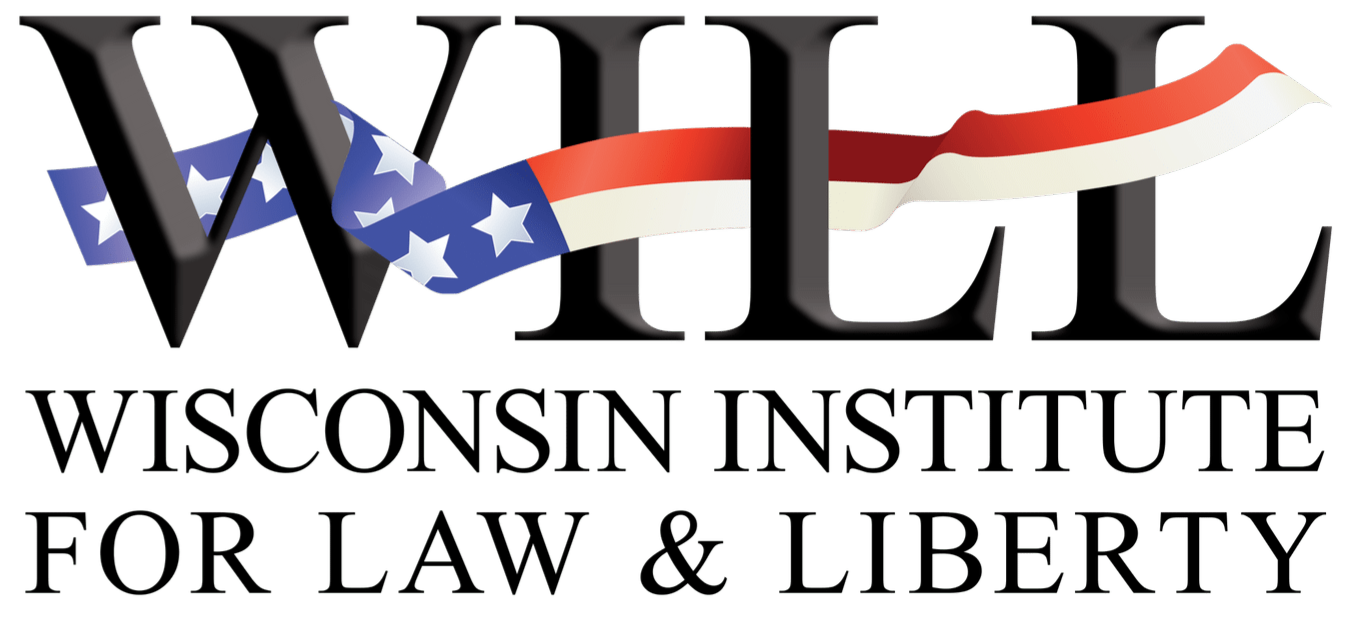As leaders in the movement for free markets, limited government, and individual liberty, this coalition supports comprehensive Government Transparency reform. Transparency gives citizens, members of the media and even elected officials themselves powerful tools to discover inefficiencies and hold our public institutions accountable.
Statement of Principles
Preamble
We believe that Government Transparency is Collaborative between citizens and public officials; empowers citizens to hold government Accountable; and prioritizes responsible Stewardship of taxpayer resources.
Founding Father and former president John Adams best articulated the value of Government Transparency:
Liberty cannot be preserved without a general knowledge among the people, who have a right… and a desire to know; but besides this, they have a right, an indisputable, unalienable, indefeasible, divine right to that most dreaded and envied kind of knowledge, I mean of the characters and conducts of their rulers.
Collaborative
Efforts to shine light on government should be collaborative between the public and government officials, transcending partisan divides. In this spirit of collaboration, the political left and right should unite around shared values to pursue the reforms necessary to ensure the public can quickly and efficiently obtain information about government. Bridging partisan and ideological divides will bolster the value of a transparency as a public good that benefits all Americans and allow stakeholders across viewpoints to accomplish core objectives. Collaboration on transparency efforts will help restore trust in government while also bridging deep partisan divides.
Accountable
The people, in delegating authority to government and elected officials, must remain informed so that they may maintain control over the instruments that they have created. Everyone is entitled to full and complete information regarding government affairs and the official acts of those who represent them as public officials and public employees.
Further, as governing is increasingly delegated to administrative agencies that lack direct democratic accountability, the need for transparency likewise increases to guarantee the legitimacy of non-elected government officials. The public should have convenient access to the data, research, and statistics that inform public policymaking to include legislation and agency rulemaking.
Stewardship
Government is a steward of taxpayer resources. Responsible stewardship requires harnessing advances in technology to assure data and records reflecting government business are readily obtainable and comprehensible. Data and records management should reflect industry best practices that prioritize the interests of its customer, the American people.
* * *
Given these values, this coalition proposes the following principles to guide Government Transparency reform:
- Transparency enforcement mechanisms should incentivize proactive disclosure of government records.
- The presumption of all open records requests should be in favor of transparency and absent burdensome obstacles.
- Costs via fees and other monetary penalties should not be a barrier to accessing information and should be narrowly tailored to capture the resources necessary to produce the information.
- Policymaking deliberations should be open to the public or provide an opportunity for public comment.
- There should be uniformity in standards and definitions across government jurisdictions to maximize the availability of information.
- Disclosed records should be retrievable with common technologies and in forms and language comprehensible to the average citizen.
- Records management and disposition schedules should likewise reflect emerging technology.
Proactive Disclosure of Government Records
State and local governments should take steps through legislation and regulations to proactively disclose government records to the public. Proactive disclosure ensures transparency and assists the public with timely and free access to information. Read More >>
Guiding Principles re Fees for Open Records Requests
Although government should be obliged to provide access to records reflecting its dealings, it should also be permitted to charge reasonable fees to recover, if only partially, the costs associated with processing disclosure requests. “Reasonable” fees are those directly related to the processing of a request, and which are not so exorbitant as to discourage requesters from exercising their right of access. Read More >>
Records Management re Physical Record Stored Off-Site or Electronic Records
Many physical records are now stored in off-site locations, which are not easily accessible by the [public body] to which they belong. This, in turn, can lead to significant and unacceptable delays in responding to [freedom of information act] requests. It is therefore necessary for the legislature to establish appropriate procedures to ensure that the people of [state] receive timely responses to their requests. Read More >>




